Merkel Cell Carcinoma
Merkel Cell Carcinoma Articles

Merkel Cell Carcinoma Has Taken the Life of Jimmy Buffett After Fending Off Cancer for Four Years
Rose Duesterwald
September 13, 2023
Read More »
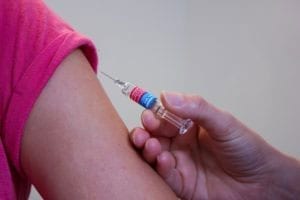
ITI-3000 for Merkel Cell Carcinoma Earns Fast Track Designation
Jessica Lynn
January 13, 2023
Read More »

First Participant Dosed in ITI-3000 Study for Merkel Cell Carcinoma
Jessica Lynn
August 12, 2022
Read More »

Study of the Week: Lambert-Eaton Myasthenic Syndrome Found in Merkel Cell Carcinoma
James Moore
May 24, 2021
Read More »
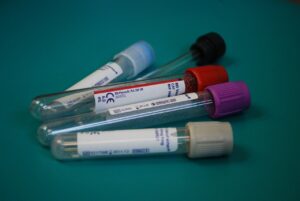
ICYMI: Case Study Demonstrates Lambert-Eaton Myasthenic Syndrome May be Linked to Merkel Cell Carcinoma
Trudy Horsting
May 21, 2021
Read More »
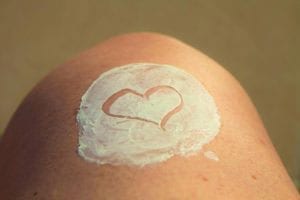
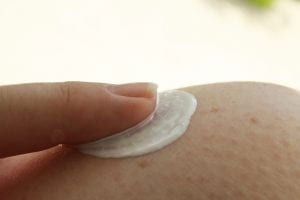
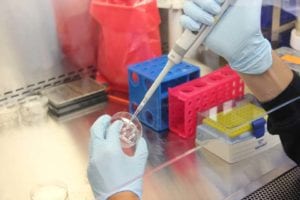
Hope of a Cure vs. the Fear of the Unknown: Participating in a Clinical Trial
Octavia Walker
March 5, 2020
Read More »




What is Merkel cell carcinoma?
Merkel cell carcinoma, also known as neuroendocrine carcinoma of the skin, is a form of skin cancer. It usually appears on the head, neck, or face as a reddish or flesh-colored nodule.
What are the symptoms of Merkel cell carcinoma?
The major symptom of this cancer is a nodule; it will grow quickly. These nodules can appear in a number of colors: purple, red, blue, or flesh-colored. While the majority of these growths form on the neck, head, or face, they have the ability to appear anywhere on the body.
This cancer may spread, so it is important to seek treatment. The lymph nodes are often the first place that it moves to, but it can then spread to the bones, lungs, liver, or brain.
What causes Merkel cell carcinoma?
Medical professionals are unsure of the cause of this cancer. They do know that the Merkel cells are affected, and they suspect that the Merkel cell polyomavirus plays a role. However, due to the rarity of this cancer, they know that the virus is not the only part of the cause.
A number of risk factors have also been identified: excessive exposure to fake or real sunlight, having a lighter skin color, having a weakened immune system, being over 50, and having a history of other skin cancers.
How is Merkel cell carcinoma diagnosed?
A physical exam is the first step in obtaining a diagnosis, and it is followed by a skin biopsy. Sentinel node biopsies and imaging tests may be used to assess the spread.
What are the treatments for Merkel cell carcinoma?
There are multiple treatment options for this cancer, including surgery, radiation therapy, chemotherapy, and immunotherapy.
There are also a number of things that can be done to prevent getting Merkel cell carcinoma, such as avoiding excessive sunlight, using a liberal amount of sunscreen, shielding your skin and eyes from the sun, and monitoring your body for any nodules or changes.
Where can I find out more about Merkel cell carcinoma?